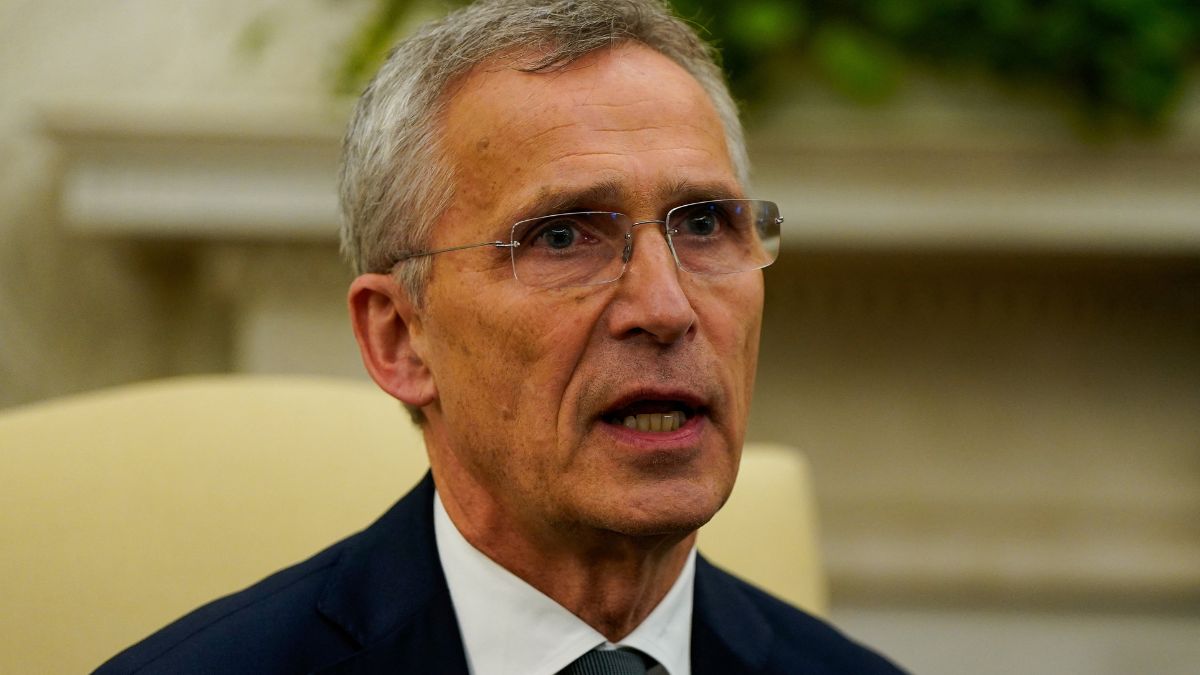Outgoing head of the North Atlantic Treaty Organisation (Nato), Jens Stoltenberg, has said that the western military alliance had known that Russia would invade Ukraine.
“I wasn’t surprised because we knew from the intelligence services what was going to happen. But seeing it actually happen still shocked me. I realized that this was a turning point in our history: there is a Europe before that day and another Europe after that day,” Nato’s Secretary General told German weekly newspaper FAZ in an interview released on Saturday (September 14).
Stoltenberg said in his ten years of leading Nato, the day Russia invaded Ukraine– February 24, 2022, was the worst one for him.
Nato could have done more
He also said Nato could have done more to arm Ukraine to try to prevent Russia’s invasion in 2022.
Stoltenberg, who has also been a former prime minister of Norway, pointed to Nato’s reluctance to provide weapons that Kyiv had asked for before the Russia-Ukraine war began.
“We struggled over whether to supply sniper rifles. For a long time, the US did not want to supply anti-tank missiles to Ukraine so as not to provoke Russia. In the end, they did supply some, but we could all have done more.”
Overall, Stoltenberg noted that Nato’s training and equipment were quite limited. He said that if Ukraine had been militarily stronger, the threshold for Russia to attack could have been higher.
Impact Shorts
More ShortsAfter the war began, Kyiv, which is not a member of Nato, received multiple weapons from its allies.
“Now we are arming Ukraine for war, but back then we could have armed Ukraine to prevent war,” Stoltenberg said.
Negotiation only way to end war
In the interview, he said that an end to the war in Ukraine would only be achieved through negotiations.
“To end this war there will have to be again dialogue with Russia at a certain stage. But it has to be based on Ukrainian strength,” he said.
Stoltenberg will step down from his role at Nato in October, which he has held since 2014. In June, Dutch former prime minister Mark Rutte was announced as the organisation’s next leader.
)